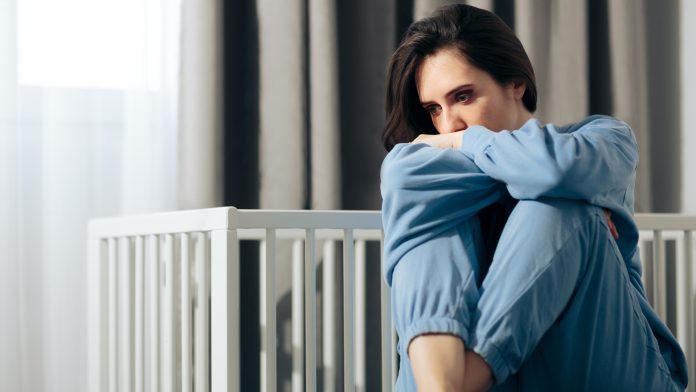
A University of Virginia (UVA) School of Medicine investigation has discovered that postpartum depression symptoms increased among women in the US during the first year of the COVID-19 pandemic.
The study, performed by a team at UVA in collaboration with researchers at Johns Hopkins University and Flo Health, found that the national rates of postpartum depression increased from 6.5% to 6.9% in this period. The research highlighted that states with the greatest increase in postpartum depression symptoms predominantly had the lowest amount of deaths from COVID-19 and lower rates of female unemployment.
Jennifer L. Payne, MD, the study’s senior author and director of the Reproductive Psychiatry Research Program at the UVA School of Medicine, commented: “Rates of postpartum depression symptoms have clearly been impacted by the pandemic. Nationwide, the rates of postpartum depression symptoms increased during the pandemic and continued to rise as the pandemic extended.”
Mental health impacts of COVID-19
To ascertain how the pandemic influenced the mental health of new mothers, the team examined data from more than 278,000 survey responses obtained between January 2018 and March 2021. The responses were acquired from a post-pregnancy survey on the Flo app, which helps women to monitor their mood, physical symptoms, and menstrual cycle during and following pregnancy.
Next, the researchers amalgamated the findings with data from the US Government on COVID-19 cases and death between March 2020 and March 2021 and US Government unemployment data. The results illustrated that postpartum depression symptoms rose during the first year of the COVID-19 pandemic, reaching their park between December 2020 and March 2021 at 7.7%.
When individually analysing the 50 US states and the District of Columbia, the team identified that 36 states displayed an increase in postpartum depression during the pandemic’s first year. In contrast, seven states experienced a decrease and eight had no change at all.
The states with the lowest amounts of deaths from COVID-19 per 100,000 of the population demonstrated the most significant increase in postpartum depression symptoms, which were caused by feelings of anxiety and hopelessness.
Moreover, in 2020, the states with the lowest unemployment rates among women experienced a greater increase in postpartum depression symptoms. The team expressed that this was influenced by anhedonia, a feeling of emotional exhaustion resulting in no energy to provide proper care for a child.
Why did postpartum depression symptoms increase?
The researchers explained that some states saw rises in postpartum depression despite being less affected by the pandemic due to women in those states having limited access to their support systems. Prior research suggested that support systems are essential for protecting women from developing postpartum depression symptoms.
Payne concluded: “Because postpartum depression not only has deleterious effects on the mother but also on the child, it’s important that we identify risk factors as well as protective factors. The pandemic clearly increased the risk for postpartum depression symptoms.”
The findings of the study are published in the Journal of Psychiatric Research.









